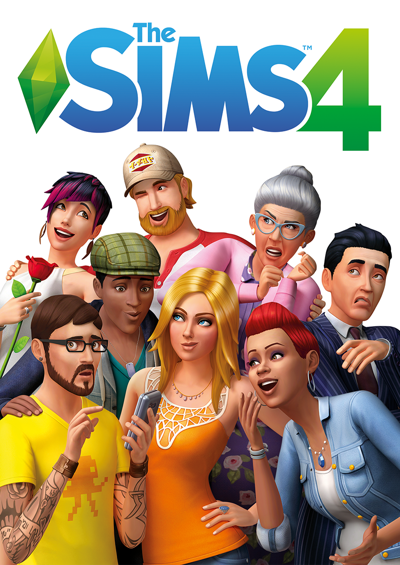
If you were born after 1990, there’s a good chance your life has been impacted by “The Sims” series in some way. Starting with “The Sims” in 1999 and continuing into the present day with “The Sims 4” and its deluge of downloadable content, the franchise has had incalculable cultural reach. This year, the franchise celebrates its 25th anniversary.
“The Sims 2” came out in 2004, making it almost old enough to drink. I wouldn’t get my hands on it until around 2007, still nearly five years off from the “T for Teen” rating on the box. From the moment I first heard of it, I spent every moment scheming to convince my parents that it was a worthy investment and completely age-appropriate, in that annoying way kids do. Beyond the promise of playing God in a (then) stylish and technologically advanced world, I knew there was something of great importance hidden somewhere in that game. I was right, kind of.
In the ‘80s, your grandparents might have read a book called “All I Really Need to Know I Learned in Kindergarten.” Well, all I really need to know, I learned from “The Sims.” While not as age-appropriate as child-me wanted my parents to believe, there’s a trove of knowledge waiting to be discovered by young minds.
When I think about big life lessons that came from “The Sims” games, the first place my mind goes is the surprisingly progressive attitudes towards sexual orientation and gender identity. “The Sims 2” allowed for same-gender relationships, even enabling LGBTQIA+ Sims to marry (it was called a “civil partnership” but was identical to straight Sim marriage in all but name). “The Sims 3,” released five years later in 2009, upgraded this to true, equal same-gender marriage, six years before same-gender marriage would be federally recognized in the United States. “The Sims 4,” released in 2014, would see the series’ first official, pre-made same-gender couple. In 2016, the game introduced its most revolutionary feature yet: Gender customization. This allowed players to create true transgender and non-binary Sims by customizing body frame, voice and pronouns, among other features. Since then, new franchise content has consistently featured LGBTQIA+ Sims.
That’s not to say everything my generation learned from these games was enlightening and life-affirming. For many sheltered kids, “The Sims” was their first experience with death. As a child, I only knew people who had died of natural causes or from some health problem. “The Sims 2,” however, was more than happy to show me that people die all the time. The first Sim I ever lost was devastating. I had spent hours creating her and her family, building and decorating their home and making their lives perfect. Then she died from a freak plumbing accident. I thought I understood how death worked; you got old or sick. Not only was I mourning my Sim, but I was also trying to process a horrifying truth about the world. I kept playing the game, but I didn’t let my Sims take showers for a long time.
Not every lesson taught by “The Sims” franchise was taught in the games themselves. “The Sims 2” had 18 “expansions” over its lifetime, additional games that provided varying amounts of new content. “The Sims 3” had 20 pieces of additional content. On one particularly long road trip in high school, I did the math on how much I had spent on “The Sims” games in my life, ignoring sales (and the fact that many of the expansions were gifts from my parents); it came out to around $500 for “The Sims 2” and around $700 for “The Sims 3.” This is a terrible way for a child to spend money, no matter how much joy it brought me at the time. I remind myself of this every time I buy something for “The Sims 4” because, at this point, my relationship with the game is a bit Stockholm Syndrome-y. Greed is good, especially when you can convince your player base that their Sims really need to travel or own a horse.
Love, death and the perils of capitalism: all important things for a young child to learn about, especially from a video game. I’m being facetious, but not really; It’s hard to imagine who I’d be without the “Sims” games. So, I raise my glass of non-alcoholic, T-rating-approved nectar to 20 years of “The Sims 2,” 15 years of “The Sims 3” and 10 years of “The Sims 4.” Hopefully by the time “The Sims 5” comes out, we’ll have finally learned not to fall for the “extra content” trick.














